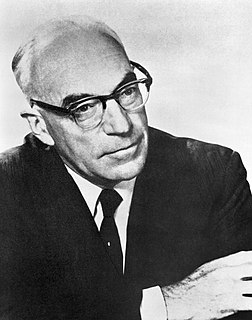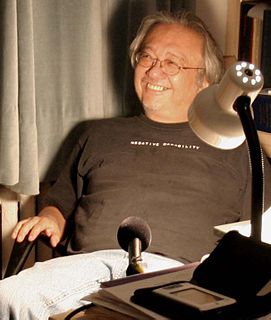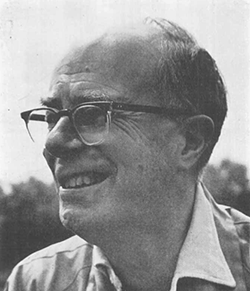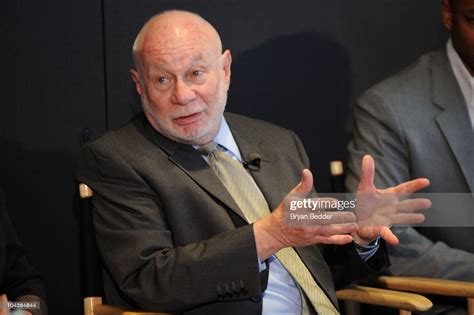A Quote by John Eccles
The origin of each of us stems from codes of genetic inheritance.
Related Quotes
Give us detailed, testable, mechanistic accounts for the origin of life, the origin of the genetic code, the origin of ubiquitous bio macromolecules and assemblages like the ribosome, and the origin of molecular machines like the bacterial flagellum, and intelligent design will die a quick and painless death.
I believe that there is a fundamental mystery in my existence, transcending any biological account of the development of my body (including my brain) with its genetic inheritance and its evolutionary origin. ... I cannot believe that this wonderful gift of a conscious existence has no further future, no possibility of another existence under some other unimaginable conditions.
The fundamental problem in the origin of species is not the origin of differences in appearance, since these arise at the level of the geographical race, but the origin of genetic segregation. The test of species-formation is whether, when two forms meet, they interbreed and merge, or whether they keep distinct.
Now, as the world's scientists focus with increasing intensity on transforming the genetic codes of every living creature into information that can be used to treat and ultimately prevent disease, Shenzhen is home to a different kind of factory: B.G.I., formerly called Beijing Genomics Institute, the world's largest genetic-research center.
Do you realize that there is nothing in our genes that tells us when to die? There are genetic codes that tell us how to grow, how to breathe, and how to sleep, but NOTHING that tells us to die. So why do we? Because we literally rust and decay our bodies from the inside out with poor food and lifestyle choices.
Perhaps, you know, new laws, new domains of potential openness are occurring as the universe ages, and complexity previously disallowed is now possible, and we are that complexity. We are nature moving out of its genetic phase - a phase under the control of chemical genes, which are physical structures, in to an epigenetic phase, a phase of culture ruled by codes, transformable culturally confined codes - mathematics, religion, philosophy, art, dance, humor.




































